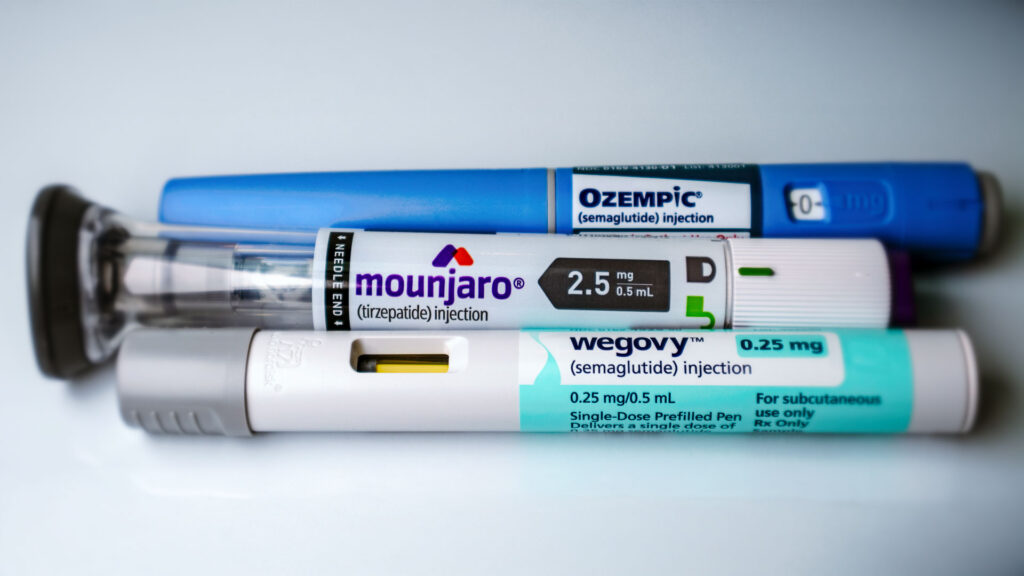Copyright imt

From today 58-year-olds will be able to access the country’s free bowel cancer screening programme for the first time. The HSE has announced that BowelScreen is now available to people aged 58-70. This is the third expansion of the screening programme since October 2023, with the health service expected to eventually open the service up to all adults aged 55-74. “The continued expansion of the BowelScreen Programme by the HSE’s National Screening Service is an important step in our ongoing investment in public health and disease prevention,” said Minister for Health Jennifer Carroll MacNeill. “The inclusion of 58-year-olds in the latest phase will extend access to colorectal cancer screening to an additional 60,000 people across the country.” Bowel screening aims to prevent bowel cancer developing by detecting signs of bowel cancer at an early stage, where there are no symptoms. Around 2,500 people are diagnosed with bowel cancer in Ireland every year. It is the second most common of all cancers in men and the third most common of all cancers in women in Ireland. While expanding BowelScreen has long been a Government commitment, the process has been beset by delays. The current National Cancer Strategy aims to make the service available to everyone aged 55-74 by next year. Given the pace of expansion, that target looks set to be comprehensively missed. In a statement to Irish Medical Times in April, the Department of Health said that funding of €1.9 million has been allocated for BowelScreen expansion across the next two years. The expansion of screening eligibility is being undertaken as part of a ‘phased approach’ that will be taken ‘in line with available capacity and resources’. The statement added that expanding BowelScreen to people aged between 55 and 74 remains an objective of government, but it provided no timeline for achieving that goal. The new Programme for Government also commits to ‘Extend the BowelScreen cancer screening programme’ but gives no further detail on the scale of this expansion. “The lack of a defined timeline set out in the 2025 Programme for Government is concerning, especially when the programme’s expansion was promised years ago,” said Helen Forristal, director of nursing with the Marie Keating Foundation. Under today’s expansion, people can expect their first invitation for bowel screening between their 58th and 60th birthday. A new online system is also in place to request the at-home screening kits used in the programme. According to the programme’s most recently published statistics, 46.4 per cent of people invited to get screened over a two-year period go on to do the faecal immunochemical test and return it for analysis. Nine-in-ten people who do one BowelScreen test go on to do it again. “Every year, around 3,000 people have pre-cancerous growths removed because they did our BowelScreen test,” said BowelScreen clinical director Prof Pádraic Mac Mathúna. “These are all potential cancers prevented. In addition, if cancer is diagnosed through BowelScreen testing, it is more likely to be found at an early stage when treatment may lead to a better outcome.” He added: “A screening test is not a diagnostic test – it looks for a level of blood in your sample. Not all cancers or polyps bleed all the time so a normal result does not guarantee that cancer isn’t present. This is why it is so important to be aware of symptoms of bowel cancer and go to your GP immediately, even if you had a recent normal screening result. Do not wait for your next screening test if you have any symptoms of bowel cancer.”



